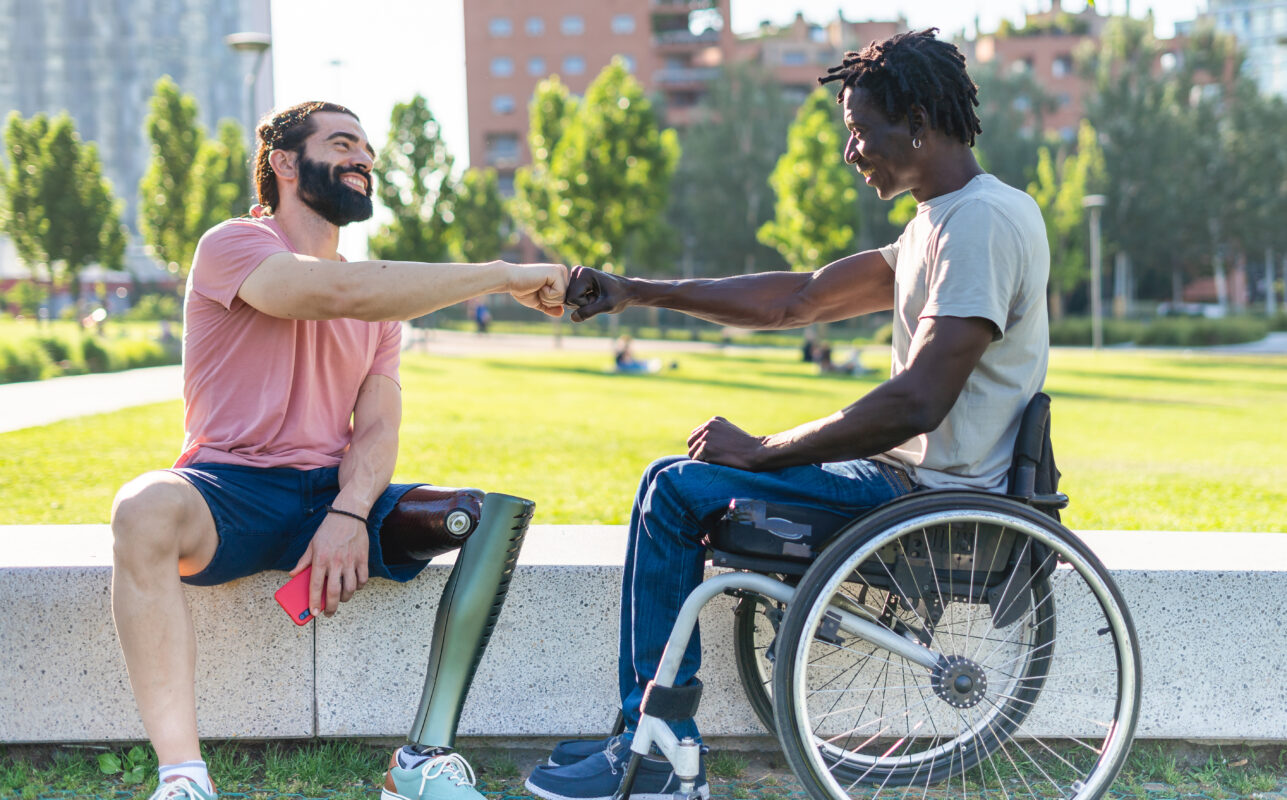Life with a spinal cord injury can be difficult and isolating, but there’s no need to go through all your challenges alone. Building support networks and connecting with people who have had similar experiences can help you cope more effectively, build confidence, and create much-needed social connections.
By getting involved in local activities for disabled adults, whether online or in person, you’ll open yourself up to building relationships that can provide necessary emotional, spiritual, and practical support.
Look for the community that is right for you
When looking to connect with others with a disability, it’s important to find the right community for you. A community provides a unique and invaluable space to share experiences, resources, advice, and support from those who can relate on a deeply personal level.
Whether through disability-oriented clubs, online communities, or disability-friendly sports teams, finding people who understand your journey and are eager to help and provide guidance can be incredibly helpful in navigating your disability journey.
No matter where you’re at in life or which unique disability you may have, there is always a disability community out there that is right for you.
Get involved in local disability advocacy
There is strength in numbers regarding disability advocacy, and local communities provide an excellent platform to unite. Despite disability being a nationwide issue, disability rights have traditionally been most successful at the grassroots level, where disability advocacy organizations are born out of people’s experiences and concerns.
At Delta Center, we offer free advocacy services to those with disabilities and their families. Our team of advocates will work one-on-one with you to ensure your voice is heard and teach you valuable skills to help you self-advocate.
Learn more about the Americans with Disabilities Act HERE.
For more information about advocacy, please call our Information and Referral Hotline at 636-926-8761, extension 228, or you may contact us by email at [email protected].

